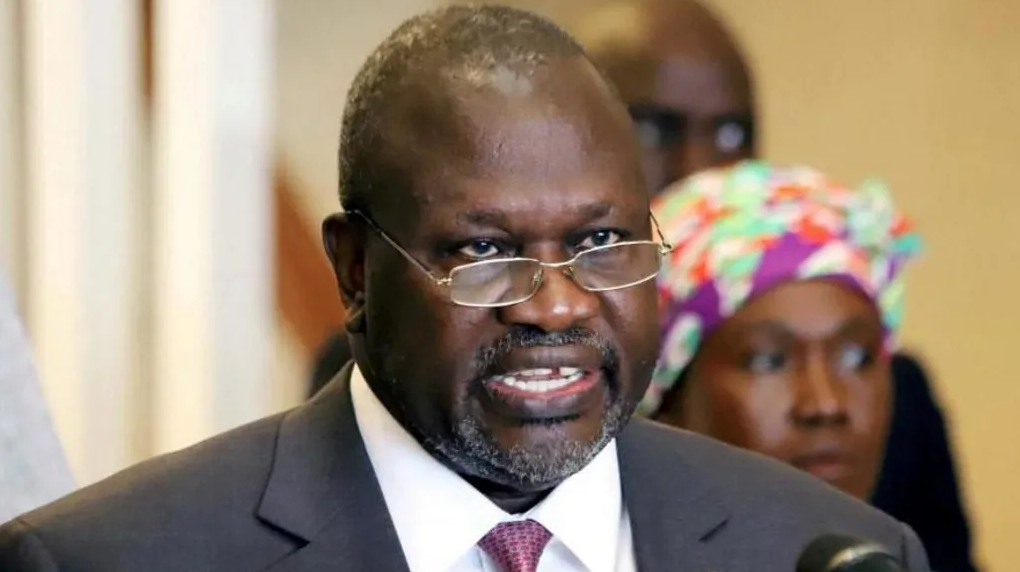One of Taiwan’s last diplomatic allies has cut ties with the island in favour of Beijing, just days after a new president was voted in in Taipei.
Nauru, a tiny Micronesian island, was just one of 12 countries that kept diplomatic ties with Taipei.
But in recent years, Beijing – which insists Taiwan is part of China – has been poaching its diplomatic allies.
Taiwan suggests this latest loss is related to the weekend’s election results, which angered China.
The election saw voters pick pro-sovereignty candidate William Lai as their next president, a man Beijing has labelled a “troublemaker” over remarks he made in the past supporting Taiwanese independence, which it sees as a red line.
“This timing is not only China’s retaliation against our democratic elections but also a direct challenge to the international order,” Taiwanese officials said after Nauru’s government announced it would “no longer recognise [Taiwan] as a separate country but rather as an inalienable part of China’s territory”.
In a media conference on Monday, Taipei’s deputy foreign minister Tien Chung-kwang accused China of taking advantage of recent “political fluctuations” in Nauru to “buy over” the country with financial aid.
“China thinks it can suppress Taiwan with such methods, I think it is wrong. The world has noticed Taiwan’s democratic development. If [Beijing] continues to use such despicable methods to seize Taiwan’s diplomatic relations, democratic countries all over the world will not recognise it,” Mr Tien said.
Still, his ministry remains “on strong alert” to combat further moves from China to isolate Taiwan on an international stage, he said.
China – which sees the self-ruled island of 23 million as a breakaway province that will eventually be under Beijing’s control – welcomed Nauru’s decision.
“The decision of the government of Nauru to resume diplomatic relations with China fully demonstrates once again that the one-China principle is the will of the people and the trend of the times,” China’s foreign ministry said.
This is not the first time Nauru has cut ties with Taiwan, which considers itself distinct from the Chinese mainland, with its own constitution and democratically elected leaders.
In 2002, Nauru made a similar diplomatic switch to China – it later restored relations with Taiwan in May 2005.
Analysts also told the BBC the move by Nauru was not unexpected.
“The likelihood that Nauru would switch recognition from Taiwan to China has been on the cards for a while,” said Anna Powles, associate professor in security studies at New Zealand’s Massey University.
The speed at which Australia pursued a treaty offering climate refuge to Tuvalu citizens late last year reflected concerns that Tuvalu, another Pacific nation, was “under pressure to switch recognition to China”, Ms Powles said.
“These concerns extended to Nauru,” she said.
“China is always looking to erode Taiwan’s influence, especially in the Pacific, where many small nations are looking for development gains,” said Mihai Sora, a research fellow in the Pacific Islands Program at Lowy Institute, a think tank based in Australia.
“As Taiwan has fewer diplomatic allies around the world, each one becomes more important in its claim to sovereignty… And it is quite possible that China will continue to look for opportunities to erode that.”
Stay informed with The Namibian – your source for credible journalism. Get in-depth reporting and opinions for
only N$85 a month. Invest in journalism, invest in democracy –
Subscribe Now!










